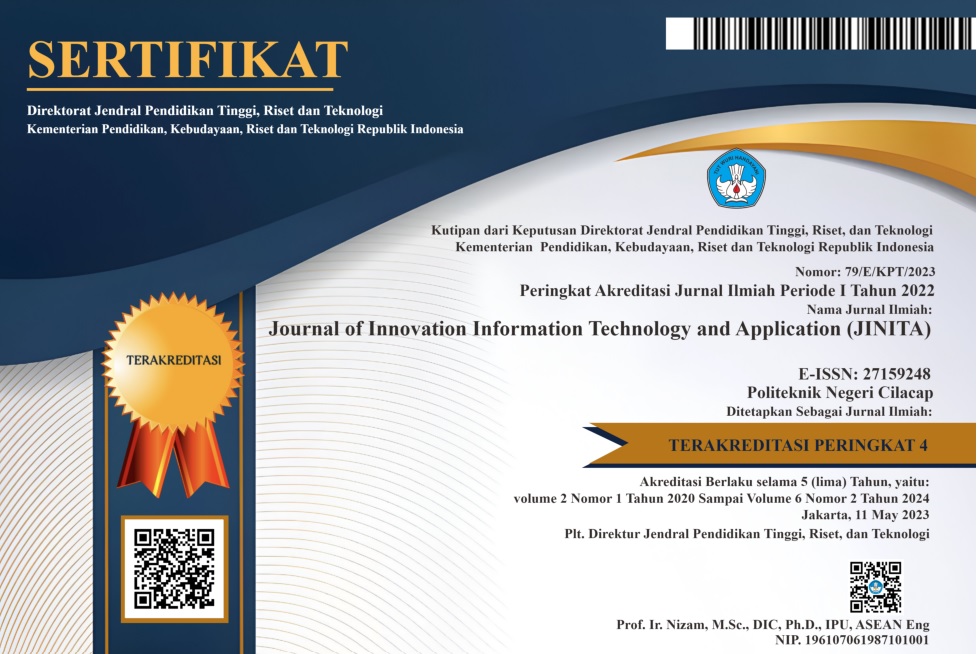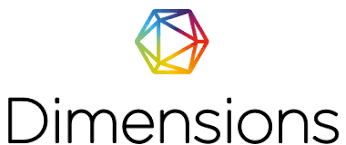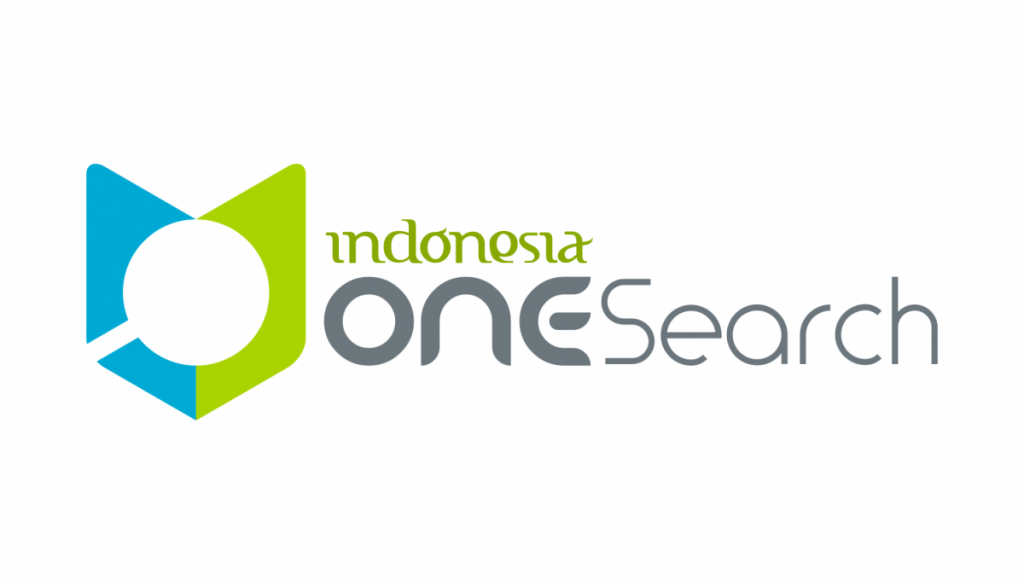Analisis Literasi Internet pada Aparatur Desa dengan Konsep Personal Capability Maturity Model (P-CMM) (Studi Kasus : Kecamatan Randudongkal)
 Abstract views: 526
,
Abstract views: 526
,
 PDF (Bahasa Indonesia) downloads: 224
PDF (Bahasa Indonesia) downloads: 224
Abstract
The development of information and communication technology (ICT) has brought change for the people of Indonesia. With ICT, people can more easily access various information and support work. But the problem that arises is the uneven penetration of ICT throughout Indonesia, including in the Randudongkal sub-district. This results in a digital divide and also weak ICT literacy. This study aims to describe the level of ICT Literacy, specifically internet literacy in the village apparatus in the Randudongkal sub-district. Measurement of internet apparatus of village apparatus in Randudongkal sub-district by using three indicators, namely basic knowledge, skills and utilization. The method for measuring literacy levels uses the Personal Capability Maturity Model (P-CMM). The results of internet literacy measurement research with three measurement indicators namely the internet have been used by village officials, but have not mastered and understood internet usage and currently, the level of internet apparatus in village apparatus is at level 2 by using Personal Capability Maturity Model (P-CMM).
Copyright (c) 2019 Journal of Innovation Information Technology and Application (JINITA)

This work is licensed under a Creative Commons Attribution 4.0 International License.
Authors who publish with this journal agree to the following terms:
- Authors retain copyright and grant the journal right of first publication with the work simultaneously licensed under a Creative Commons Attribution License that allows others to share the work with an acknowledgement of the work's authorship and initial publication in this journal.
- Authors are able to enter into separate, additional contractual arrangements for the non-exclusive distribution of the journal's published version of the work (e.g., post it to an institutional repository or publish it in a book), with an acknowledgement of its initial publication in this journal.
- Authors are permitted and encouraged to post their work online (e.g., in institutional repositories or on their website) prior to and during the submission process, as it can lead to productive exchanges, as well as earlier and greater citation of published work (See The Effect of Open Access).
















